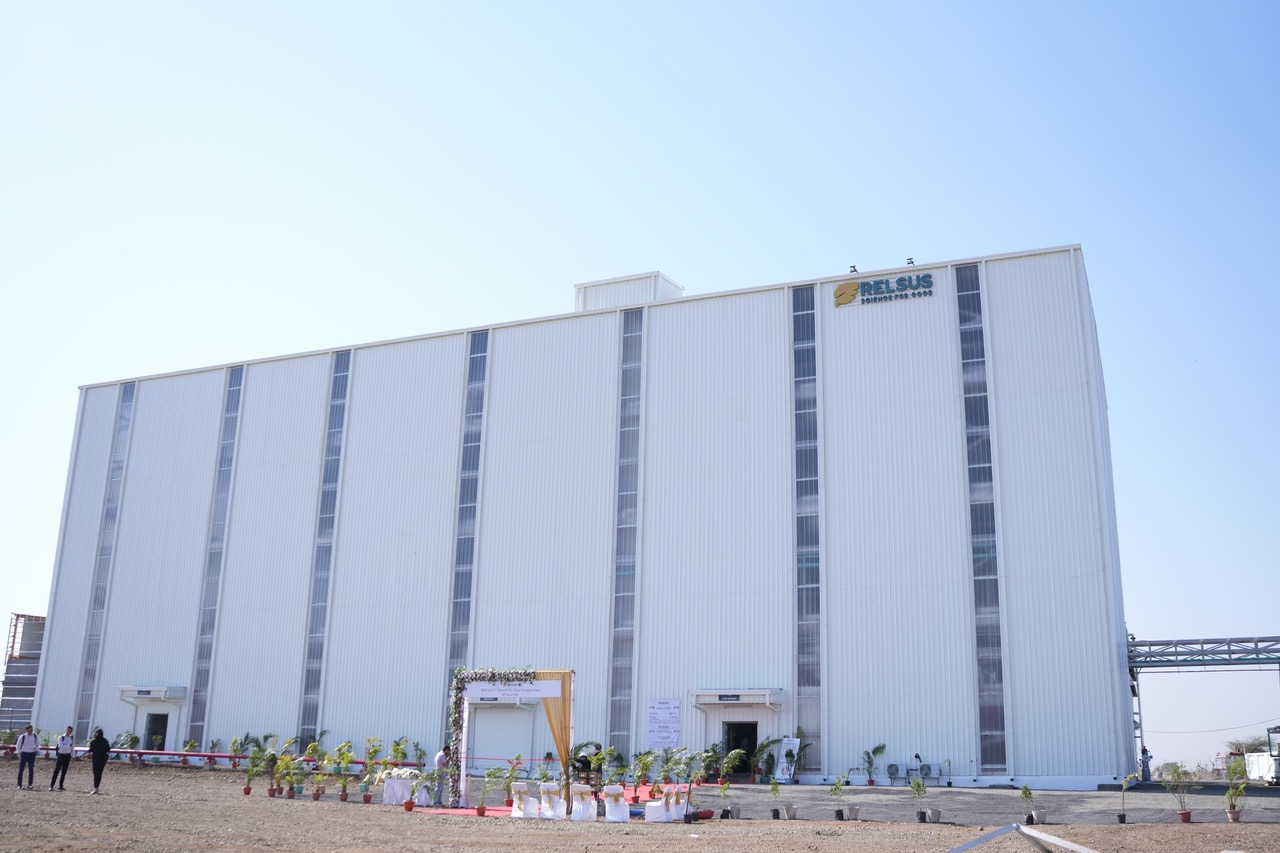Functional plant-based ingredient producer RELSUS has inaugurated a new manufacturing facility in Ujjain, India, and announced a strategic partnership with Dutch ingredients company Aminola. The agreement includes a European distribution arrangement and capital investment from Aminola to support RELSUS’s expansion.
The new commercial facility, launched on March 18, 2025, will manufacture plant proteins and starches using RELSUS’s proprietary Ultra-Precise Filtration™ technology. According to RELSUS, the technology does not rely on solvents or harsh chemicals and allows for the production of ingredients with high purity, functionality, and a neutral sensory profile.
Driving global plant protein transition
Vineet Singhal, founder and CEO of RELSUS, stated, “Inauguration of this facility is a major milestone in our mission to help drive the global transition to high-quality, clean, and functional plant proteins. Our strategic partnership with Aminola® is aimed to catalyse speedier commercialisation in key markets and scale-up of our manufacturing capacities.”

Headquartered in Singapore, RELSUS produces functional and clean-label ingredients derived from crops such as chickpea, mung bean, pea, and rapeseed. The Ujjain site is RELSUS’s first large-scale commercial facility and is positioned to supply global markets seeking alternatives to animal proteins.
Aminola to lead distribution in Europe and UK
The distribution agreement names Aminola as the exclusive partner for Europe and the UK. Based in the Netherlands, Aminola supplies sustainable plant-based ingredients to manufacturers across Europe. The company has also made an undisclosed investment in RELSUS to facilitate increased production capacity.
Aminola CEO Dick van Beek stated, “As RELSUS™’s exclusive representative in Europe, we are excited to deliver high-quality plant-based solutions that align with evolving industry needs. The production in India aligns with our philosophy to process crops close to their origin.”
Van Beek also noted that India’s position as the world’s largest producer of pulses, combined with its agricultural infrastructure and research capabilities, made it a strategic location for sourcing and production. The companies are exploring the development of an integrated supply chain that includes regenerative farming initiatives to support local producers and improve raw material sustainability.




